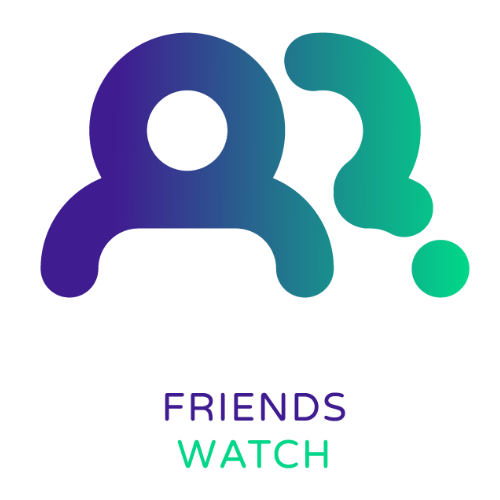Eating disorders
For friends
Friends are often the first to notice or to know that someone is struggling with a problem. A person who is worried about their changes in moods, thoughts or behaviours will often confide in a friend. A friend may, therefore, act as support in helping someone confront the issue.


The difficulty in being a friend
You may…
- Worry about asking your friend if there is a problem in case it affects the friendship
- Worry that you are overreacting or hope that it is a ‘passing phase’
- Feel hurt or angry that your friend is behaving in this way
- Feel ‘left out’ due to the secrecy of the condition (the condition can often be a ‘competitor’)
- Not know if you’ve got it right or how best to act in the circumstances
- Feel insecure about the concerns it raises about yourself, whether it’s about you as a friend or about how you feel about yourself
- Feel bad at going to social occasions on your own when it used to be the two of you
- Find it difficult to eat when they are not
Four identification facts
- Your friend has changed their eating pattern significantly. They either don’t eat or overeat.
- Your friend’s weight has changed so that they look really thin, overweight or their weight fluctuates.
- Your friend doesn’t join when you eat out or at any functions but they may take a huge interest in food and often insist on cooking for others.
- Your friend has told you that they make themselves sick or you know that they do loads of exercise specifically to burn up what they eat.
Four steps of bringing about change
Why not try our free Combined Minds app?
This clinician-developed app, designed to help families and friends support young people with their mental health, has a section dedicated to supporting a young person with an eating disorder. It can be downloaded free from the App Store or Google Play. Find out more at https://combinedminds.stem4.org.uk.
Visit our Further Advice page for details of other organisations that can help.
Did you find this page helpful?



